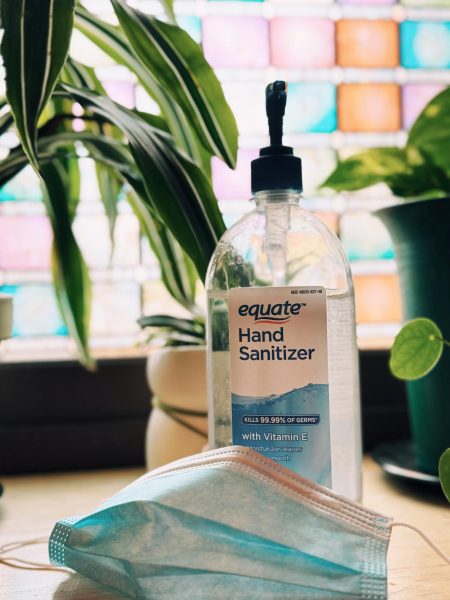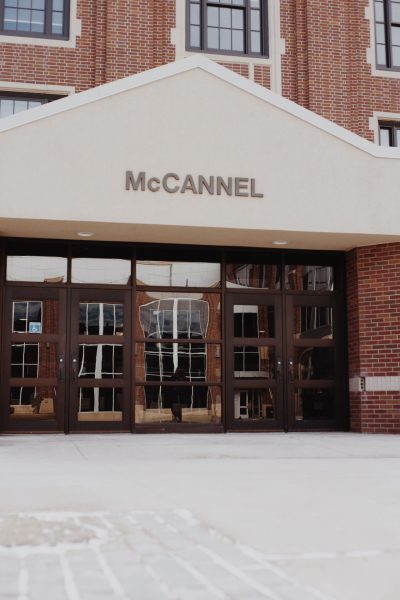DS View: Police
UPD maintains an atmosphere of fear that harms the student body, police goals.
The relationship between students and campus police is not one that benefits either party — this Halloween weekend served to remind UND students yet again that they often can’t expect to experience pleasant cooperation with the UPD.
Members of The Dakota Student editorial board witnessed multiple acts of the police and student body relationship at its worst. Police decision-making was to blame for most of these unfortunate events.
Walking between Princeton and Cambridge streets on Saturday night, while groups of students strolled together in Halloween costumes, one member of the editorial board watched a UPD vehicle stop in the middle of the road in front of three students on the sidewalk. The students showed no signs of rowdiness and carried no beverage containers of any kind. Still, an officer climbed out of the squad car with a flashlight and began questioning the students on the street corner.
While many police officers have the best of intentions and a genuine interest in protecting the public, departmental policies, expectations often pressure officers to seek out lesser offenses and lots of them.
Standing only a few feet away from the police vehicle, it is hard to imagine that the officer saw anything else.
Random questionings with the police’s flimsy excuses of “reasonable suspicion” such as this illuminate one of the biggest causes of the poor relationship between police and students on campus. We students are trained — by the police themselves — to fear campus officers. That fear leaves little room for respect.
If anyone can be stopped on the sidewalk and interrogated, how can we students possibly be expected to trust the officers that should be keeping us safe?
The rules associated with these random questionings are so muddled that students can’t know what is required of them and what the officer could be trying to force them to do without legal right. For instance, what are the rules associated with medical amnesty — the UND policy meant to legally protect an intoxicated minor who calls an ambulance for another minor in need of medical attention?
When police intimidatingly question students on the street without more than an excuse to do so, they scare students and confuse them about the rules of similar police procedures. This confusion leads to a poor relationship, a poor attitude and poor results.











